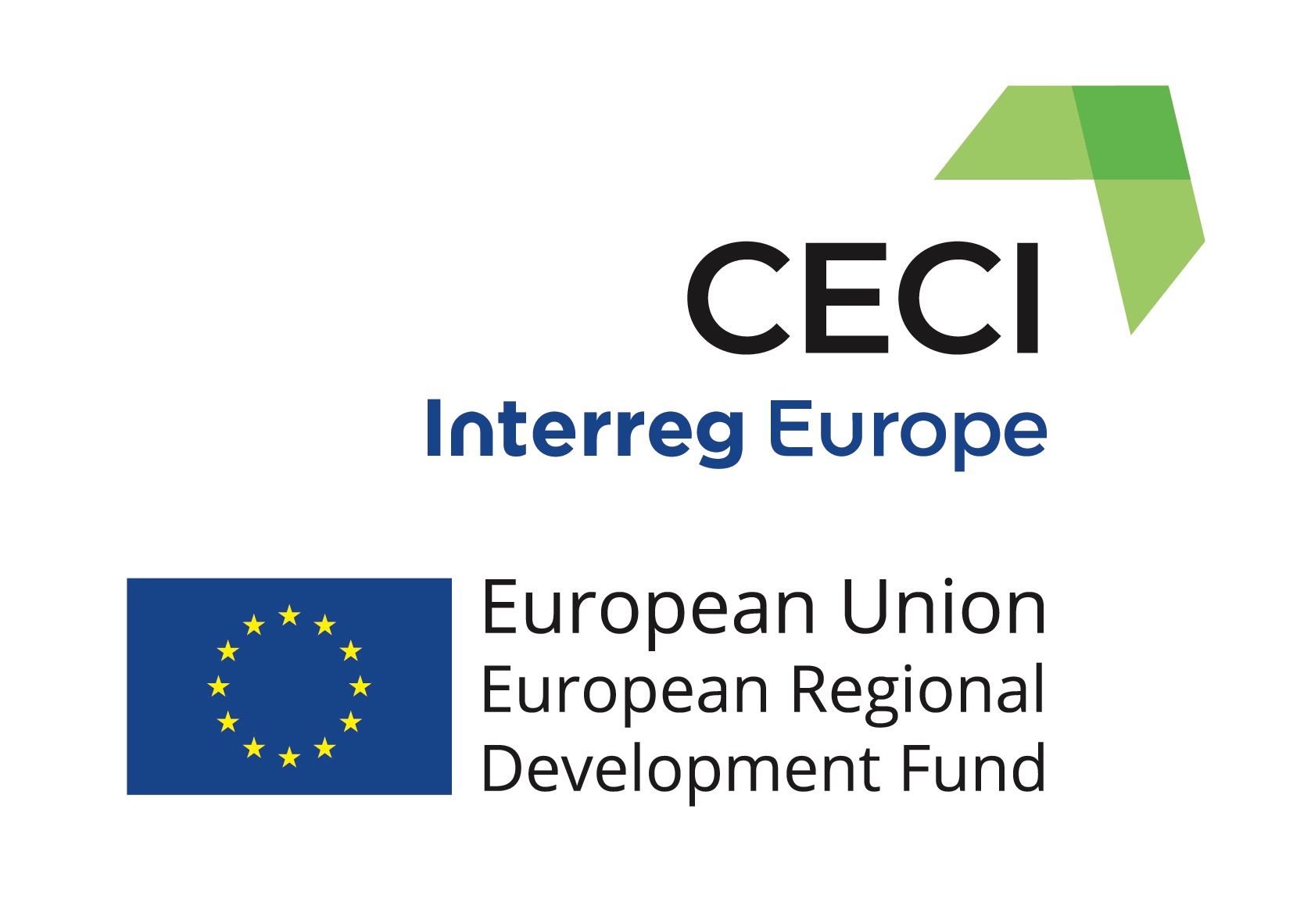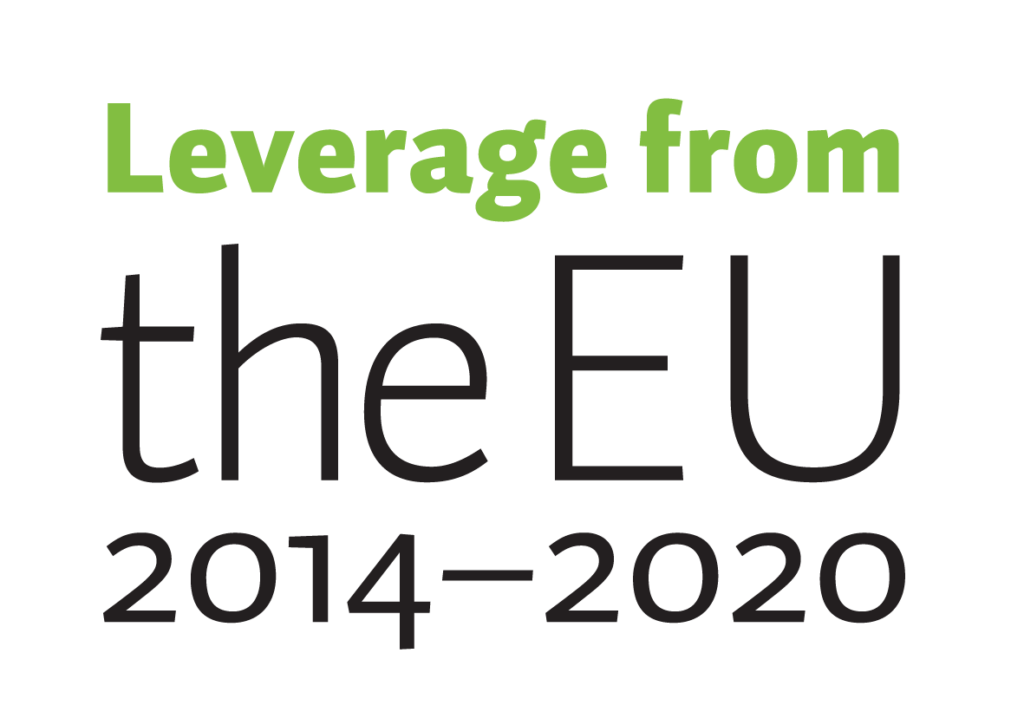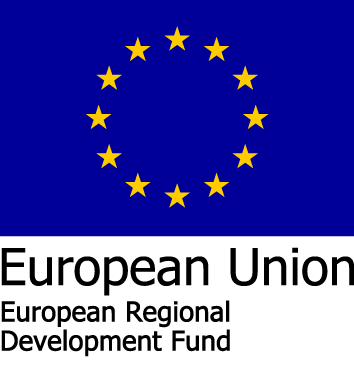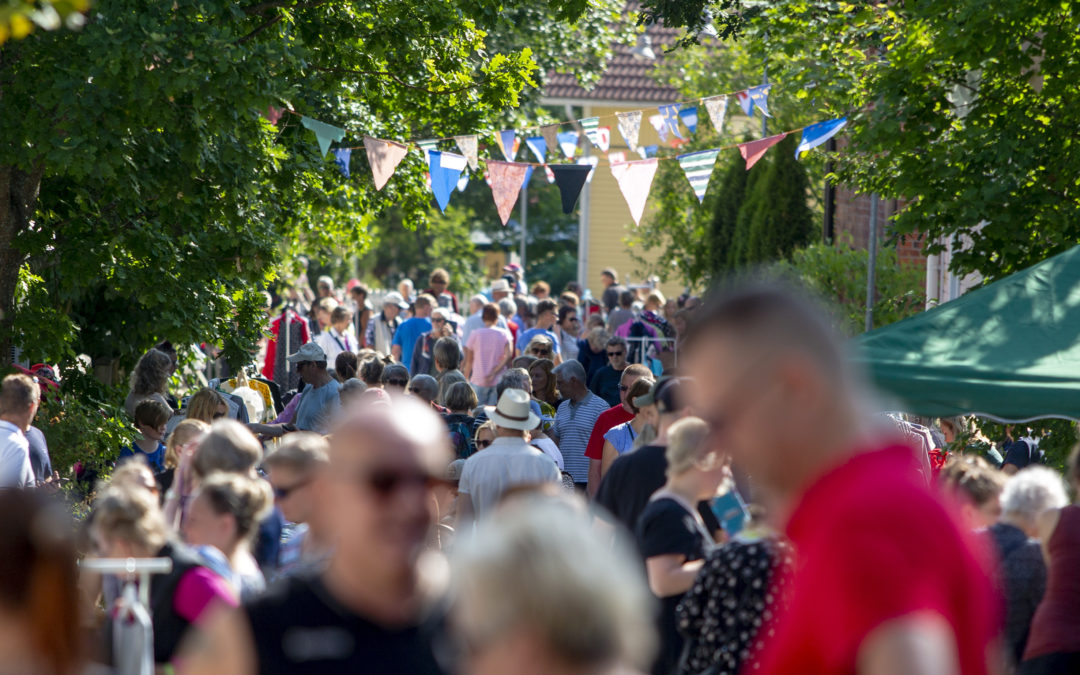CECI (Citizen involvement in circular economy implementation) project enhances circular economy solutions focusing especially on sharing economy. It develops the local, regional and national cooperation, and supports the regions to generate circular economy strategies and solutions, where citizens have a key role.
CECI strives to inspire citizens in adopting sustainable consumption habits and behaviour patterns. The project desires to promote new sustainable services, e.g. sharing economy, lengthening product life cycles through reuse, repair, remanufacturing and refurbishment. Furthermore, it aims to encourage citizens to reduce waste, save energy and think in a circular way.
Through the knowledge transfer among the CECI partners, the regions will develop more relevant and efficient policies promoting citizen involvement in circular and sharing economy. Interregional learning in thematic workshops and studies, round-table policy discussions and site visits forms the basis for sharing expertise and boosts citizen dialogue on the local/regional levels. Sharing of Good Practices helps to distribute circular solutions and save resources across Europe. As a result, the partner regions develop Action Plans to translate gained knowledge of the citizens’ role in circular economy and new solutions. CECI will raise public awareness to create demand for sustainable services. Changes in consumption patterns will stimulate the development of circular economy business models and create new jobs.
The Päijät-Häme region in Finland is one of the partner regions of CECI, represented through the project’s lead partner LAB University of Applied Sciences and the Regional Council of Päijät-Häme. The Päijät-Häme region is a pioneer in advanced waste management and industrial symbiosis and Lahti is the first Finnish city to implement the European Green Capital in 2021.
The Anttilanmäki district (City of Lahti, Päijät-Häme region) is exemplary of how local communities work together towards sustainability. The resident’s association has developed its own Circular Economy Action Plan. Residents have figured out actions how to live in a resource-efficient way e.g.: library of goods, promoting exchanges of goods between residents via Facebook and WhatsApp-groups, sharing know-how and exchange of services, developing repair, maintenance and remodelling activities, promoting carsharing and ridesharing. The district is taking part in the ASKEL project (Co-developing services for a sustainable living) to further improve sustainable services in their neighbourhood.
ASKEL aims to facilitate citizens in adapting new, low-carbon services and improve SME´s capabilities to produce them. It addresses the key bottleneck of the progress of sharing and circular economy: the weak link between the needs of the residents and the provision of the services. Therefore, ASKEL seeks to strengthen the link between supply and demand, the link between residents and the business community, by supporting the development of new services as joint development of residents and businesses. The project relates to the strategy of the Päijät-Häme region through two smart specialization priorities, design and circular economy.
CECI is an Interreg Europe project and ASKEL, inspired by CECI, is funded by Sustainable growth and jobs 2014-2020 (ERDF).
Together as citizens, project partners and regions, we can take actions and reach more sustainable lifestyles and improve our living environments.
Interested in CECI, please, have a look: CECI https://www.interregeurope.eu/ceci/





